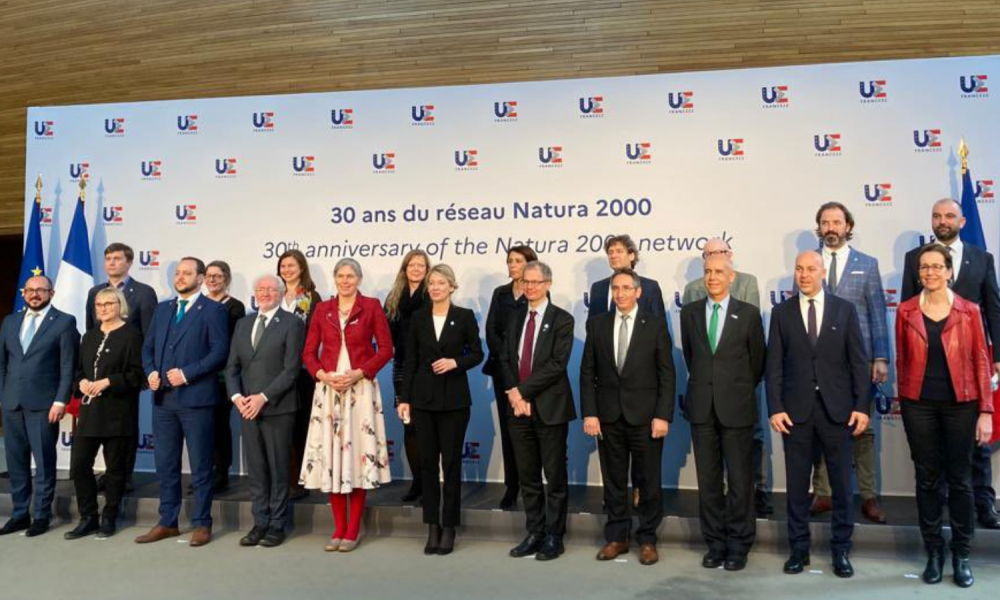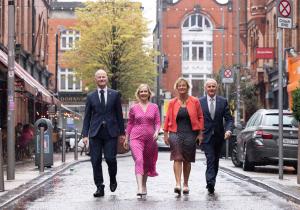'Nature is our first and best line of defence against the catastrophic effects of climate change' – Minister Malcolm Noonan

The Intergovernmental Panel on Climate Change (IPCC) has published a new report that lays bare the ‘increasingly severe, interconnected and often irreversible’ impacts of climate change on ecosystems, biodiversity and human society. The restoration of degraded ecosystems and safeguarding of biodiversity is highlighted in the report as being fundamental to Climate Resilient Development.
Minister of State for Heritage and Electoral Reform, Malcolm Noonan TD, said;
“Nature is our first and best line of defence against a changing climate. We, as a species, rely on nature for our survival, but in the context of climate change, this reliance is even more obvious. Healthy ecosystems sequester and store carbon, improve our resilience to extreme weather events like floods and droughts, underpin food and water security, among many other benefits, and are a key pillar of Climate Resilient Development. It’s imperative that we invest in the protection, conservation and restoration of ecosystems, and in the communities that own, manage and treasure them, if we are to secure the liveability of this pale blue dot.”
Minister Noonan’s comments come following a new political commitment from EU Member States reaffirms their shared commitment to addressing the biodiversity emergency;
“Just last week, I attended the Natura 2000 Ministerial Conference in Strasbourg to mark 30 years of our continent’s protected area network under two pioneering pieces of nature legislation, the Birds Directive and the Habitats Directive. We adopted the Strasbourg Declaration, which reaffirms our shared commitment to the improved implementation of this legislation, and to working in partnership with all stakeholders to realise the EU Biodiversity Strategy to 2030 and its unprecedented goals for the protection and restoration of nature across EU Member States. The ambition is high and the challenge is steep. It is our job to ensure that we bring people with us on this journey to restore nature, stabilise the climate and protect people.”
Published as part of the IPCC’s sixth Assessment Report cycle, the report focusses on climate impacts, vulnerability and adaptation. It finds that climate change has already caused widespread adverse impacts to nature and people; that the most vulnerable are disproportionately affected; and that climate-related weather extremes have led to irreversible impacts as human and ecological systems are pushed beyond their ability to adapt.



